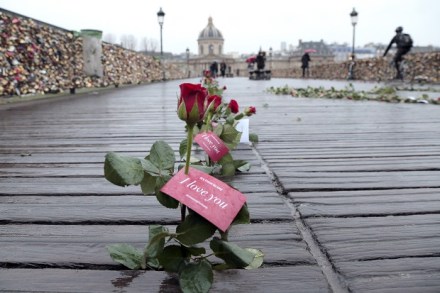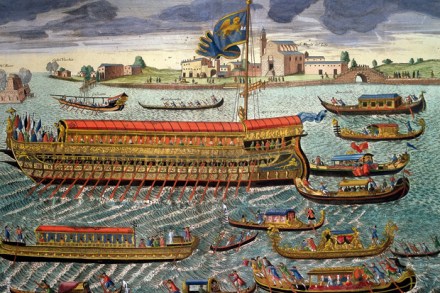Why Boris is wrong to say that the children of jihadis should be taken into care
Do your children have a bleak and nihilistic view of the world? It’s hard to tell, really, when they spend 30 per cent of the day blamming away at those whores in Grand Theft Auto and the remaining 70 per cent asleep. How should one go about inquiring such a thing? Text them, maybe. ‘R U blk n nlstc lol? — Dad’. But they might well lie in response: ‘OMG no! (followed by five smiley emoticons)’. I have to say I’d be a little disappointed if they were not bleak and nihilistic, seeing how things are. One usually finds with relentlessly upbeat and chirpy children that they are receiving additional




















